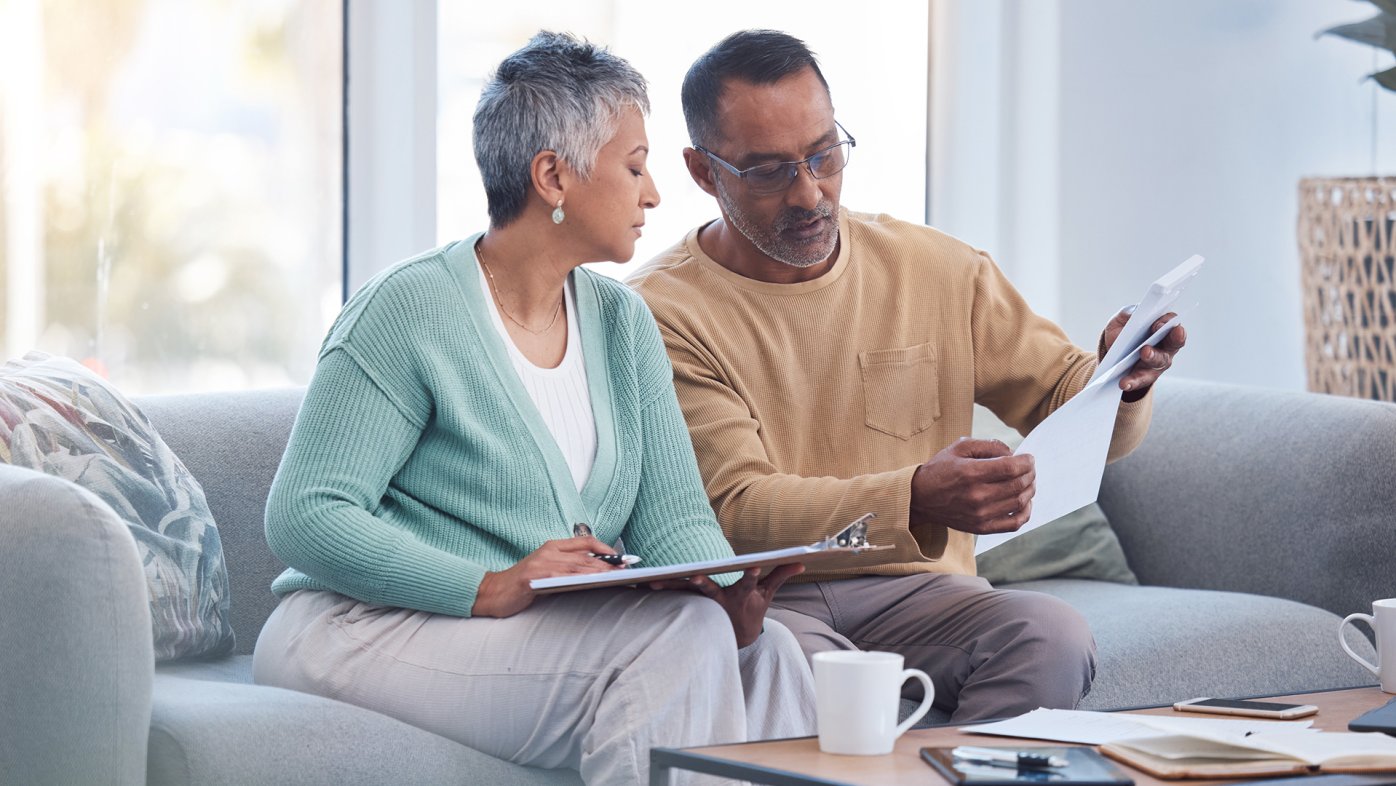
What to know about Medicare before enrolling
If you’re thinking about enrolling in Medicare, it’s important to know your options. Start here.
When it comes to treating a stroke, acting fast is crucial. No one knows that better than Coronado resident B.J. Adelson. B.J., age 93, had a stroke five years ago and is forever thankful he was able to get the care he needed to recover.
Before he was hospitalized, B.J. was in a meeting with his banker, who noticed something was “off” with his client and called 911. Although B.J. was in Coronado at the time, paramedics drove him off the island to the nearest primary stoke center.
Turning gratitude into care for others
B.J. is familiar with the vital role hospitals play in a community and dedicated to showing his support of Sharp Coronado Hospital. From serving on the hospital’s board of directors and as a member of the Sharp Coronado Auxiliary, to volunteering with Meals on Wheels, he loves to give back. He has also supported the Coronado Hospital Foundation with philanthropic donations for over 20 years.
Now, B.J. is supporting the hospital again — this time to help other patients recovering from stroke.
Sharp Coronado has recently been designated as a primary stroke center by The Joint Commission. This certification is given to hospitals that meet certain criteria to provide high-quality care to patients having a stroke. This means that Coronado residents and visitors do not need to leave the island to get the care they need, when they need it.
Patients needing the highest level of neurological interventions may be transferred to Sharp’s comprehensive stroke center, based at Sharp Grossmont Hospital. Many doctors in Sharp Grossmont’s expert stroke team also practice at Sharp Coronado to provide this lifesaving care.
“It’s great news that Sharp Coronado received a primary stroke center accreditation,” says B.J. “When I had my stroke, I shudder at the fact that had there been an issue or emergency on the Coronado Bridge, I may not have gotten to the hospital in time.”
To ensure Sharp Coronado has ample funding to maintain staffing and resources for its expanded stroke program, B.J. has committed — along with hospital board member Arlene Inch and an anonymous donor — to contributing to a $550,000 matching challenge. “I was inspired to give back because I want to help others having a stroke get the care they need as soon as possible, close to home,” he says.
It’s important to BE FAST
Another way to help stroke patients is to know how to react if someone is showing signs of stroke. If you think you or someone you know may be having a stroke, call 911 right away. Tell the operator you think the person is having a stroke so paramedics will be better prepared to help them.
To help remember the signs of stroke — and how to react — use the acronym BE FAST:
B — Balance: Sudden loss of balance
E — Eyes: Sudden blurry vision or loss of vision in one or both eyes
F — Face: Facial weakness or drooping on one side of the face, or uneven smile
A — Arms: Arm or leg weakness or numbness on one side of the body
S — Speech: Altered speech, slurring or inability to speak or find the right words
T — Time: Act fast and call 911 immediately
Talk with your doctor about your personal risk of stroke. High blood pressure, obesity, physical inactivity, poor diet and smoking all increase your risk. Healthy lifestyle changes and treatment can help.
To learn more about the signs and symptoms of stroke, attend a free stroke awareness class hosted by Sharp Coronado.
Our weekly email brings you the latest health tips, recipes and stories.